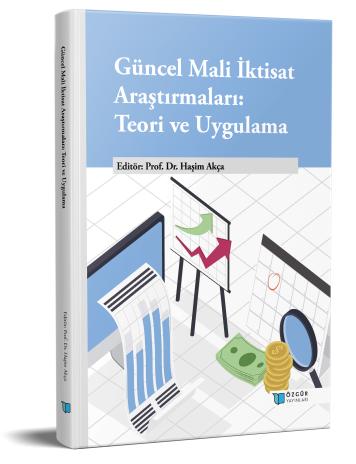
Tax Burden and Foreign Direct Investment in Türkiye: A General Evaluation
Chapter from the book:
Akça,
H.
(ed.)
2025.
Current Research in Fiscal Economics: Theory and Practice.
Synopsis
This study examines the relationship between the tax burden and foreign direct investment (FDI) in Turkey from theoretical and conceptual perspectives. First, the concept of tax burden is defined in its legal and economic dimensions, and its impact on investment decisions is discussed. The theoretical foundations of FDI are then analyzed, focusing on the OLI Paradigm, Capital Mobility Theory, Tax Competition Theory, and New Economic Geography, highlighting their role in shaping investment decisions. Turkey’s post-1980 liberalization policies, transformations in the tax system, and corporate tax reforms are evaluated in a historical context. The findings indicate that high tax rates may increase investment costs and limit FDI inflows, while the effective allocation of tax revenues to infrastructure and public services can indirectly improve the investment environment. In the 2000s, the reduction of corporate tax rates and the EU accession process led to an increase in FDI inflows; however, the persistent dominance of indirect taxes remained a limiting factor for investors. The study concludes that reducing tax rates alone is insufficient to enhance Turkey’s FDI capacity. A balanced tax structure, legal certainty, political predictability, and infrastructure investments supported by comprehensive strategies are necessary to strengthen Turkey’s attractiveness to foreign investors.

